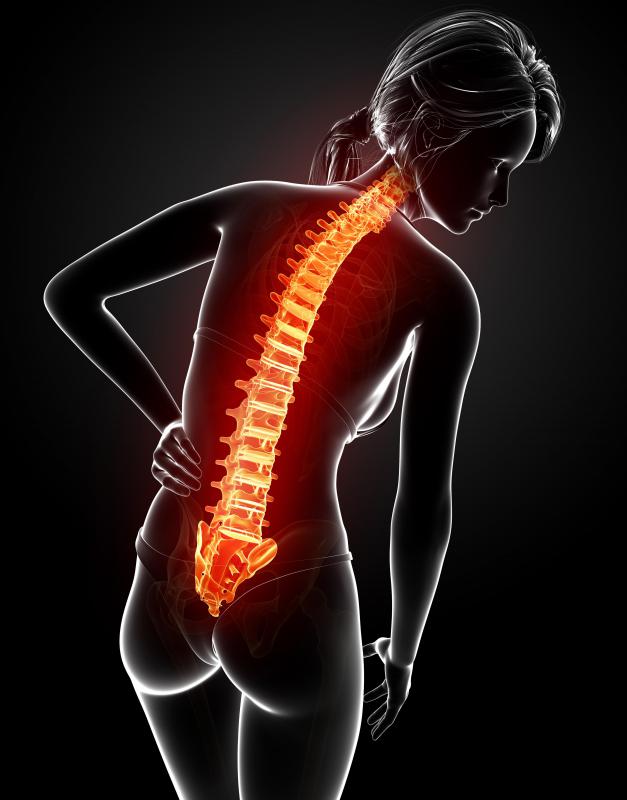At WiseGEEK, we're committed to delivering accurate, trustworthy information. Our expert-authored content is rigorously fact-checked and sourced from credible authorities. Discover how we uphold the highest standards in providing you with reliable knowledge.
What is Postural Hypotension?
Postural hypotension is a form of low blood pressure which occurs when someone transitions from a lying or sitting position to a standing position too quickly. Many people experience postural hypotension at some point in their lives, and there are a number of reasons people can experience this form of low blood pressure. However, there are some cases in which it can be a cause for concern, as it may be a sign of an underlying health problem, in which case it can be a good idea to see a doctor.
Also known as orthostatic hypotension, postural hypotension occurs because blood has pooled in the lower extremities. When someone gets up too suddenly, the brain experiences a momentary shortage of blood before the circulation system kicks back into gear to correct the problem. As a result, someone may feel dizzy, lightheaded, euphoric, or simply strange when suddenly changing position. The sensation is usually fleeting.

Orthostatic hypotension is more common in older adults, people with diabetes, and individuals with poor circulation systems. It can also happen to athletes if they exercise hard and then sit down; their dilated blood vessels will facilitate pooling of the blood in the lower extremities, and as a result, when they stand up, they will experience postural hypotension. This can be prevented by always cooling down after exercise to give the body a chance to gear down, as it were, from the demands of heavy exercise.

Underlying disease processes can also cause postural hypotension. Spinal cord injuries have also been linked with this symptom, as are anemia and hypovolemia. Hypovolemia is a fancy way of saying “low blood volume,” and usually occurs because someone has suffered blood loss. When less blood is circulating, it can be difficult for the body to compensate for positional changes, and thus postural hypotension is more common.

The occasional bout of postural hypotension is nothing to be worried about. However, if it starts to happen a lot, or if the symptoms appear to be lingering, it is a good idea to talk to a doctor. The doctor can perform some tests to learn more about why it is happening, and make some treatment recommendations to resolve the postural hypotension and, ideally, the underlying cause. Sometimes, the recommendation may be as simple as rising slowly, or contracting the abdominal muscles while rising. This appears to help with posture hypotension when patients experience it as a simple byproduct of aging or living with a chronic illness.
AS FEATURED ON:
AS FEATURED ON:
















Discuss this Article
Post your comments